| Tóm tắt: | The school has the challenge of being the space where the direction of our societies is decided. In the pursuit of fairer and more inclusive societies, it is necessary to understand the socio-educational framework and its impact in a more complex way, especially the school group as a mediation space. For this purpose, a conceptual framework that includes inequalities from social / group subjectivity and places the gaze on institutional responsibility is proposed as a theoretical alternative for the analysis of educational inclusion-exclusion processes. The purpose of this essay is to discuss three dimensions of work necessary to guarantee inclusion mechanisms in educational institutions of secondary and higher education: the responsibility of school institutions in the guarantees for inclusion; the role of teachers in the design of school activity and the functioning of school groups from their relationship with the process of educational inclusion-exclusion. Some characteristics are presented to understand the articulation of these dimensions and the way in which each of them favors or hinders inclusion. In this way it is shown that, together with the structural elements and educational policies, the subjectification of the process in the daily life of the school guarantees higher or lower levels of inclusion. The essay defends the notion of a group to work with a more social perspective of education and its advantages in the training process.
|
|---|


